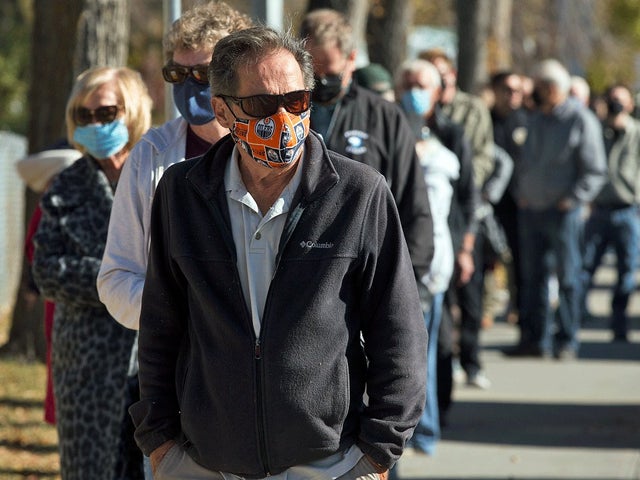Tyler Dawson
October 18, 2021
-National Post
When Albertans go to the polls Monday to vote for new mayors, councillors and school board trustees, they’ll also be asked to weigh in on a referendum that asks whether or not equalization should be stripped from the Canadian constitution.
But even if the referendum receives majority support, it doesn’t mean equalization will be removed from the Constitution or reformed automatically. Rather, the Alberta government says it believes a clear majority on a clear question will mean the federal government must negotiate with the province over equalization.
It’s by no means clear that will happen.
Equalization has been an Alberta bogeyman for decades. Mary Janigan, a historian and the author of The Art of Sharing, a history of equalization, said it has been contentious since the government under Louis St. Laurent created the program.
“It was controversial right from the start. It resolved a huge quarrel among the provinces, but it couldn’t placate those provinces or their populations and it helped cost Louis St. Laurent his election in 1957,” Janigan said.
Simply put, the system works like this: The money is not taken from the “province” as a whole, but every Canadian, including Albertans, pays taxes to the federal government. Ottawa then disburses money from a communal pot to other provinces.
The territories receive funding through a separate program.
The money is meant to help finance public services and sustain a relatively equal standard of living across the country without disproportionately high levels of taxation.
The formula is based on per capita income. Therefore, poorer provinces receive money, wealthier provinces do not. And wealthier Canadians pay more into the system because they pay more in federal taxes.




